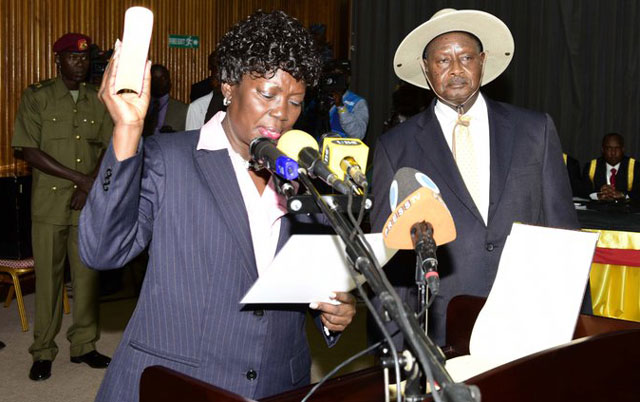
Since Plato, political observers have argued that governing is best left to those who are highly educated
COMMENT | Walter Akena | As the dust settles from the January and February elections and we await that comical “I solomonly swear to bear true allergy” and “Madam Speaker Sir” moments in May, one question lingers on; does education qualification matter for elected leaders in local government?
It turns out, for yet another election, there are no requirements for academic qualifications for those seeking to occupy political offices at local government levels except for district chairpersons and city mayors. Suffice it to note that there were previous attempts by Parliament to set minimum qualifications for local government leaders.
In 1998, the house passed a bill to introduce a minimum requirement of Ordinary Level for Sub-county leaders.
Again in March 2020, Parliament passed the Local Governments (Amendment) Bill, 2019 introducing minimum education requirements for candidates intending to vie for the positions of Local Council Chairpersons, Mayors of Town Councils, Divisions and the Councilors.
As it were, in both instances, the President rejected and returned the bills to Parliament on grounds that they block potential leaders from vying for office. While the issue of academic qualification for local government leaders has always been shoved under the carpet and wished away, it gravely affects how these leaders perform their functions.
Since Plato, political observers have argued that governing is best left to those who are highly educated. While it can be argued that having more educated leaders does not necessarily increase the quality of government, there is evidence of the correlation between the leader’s level of education and the quality of policy.
LGCSCI assessment
Over the last four years, the Local Government Councils Scorecard Assessment (LGCSCI) conducted by ACODE revealed that more educated councillors performed relatively better than their less educated counterparts.
In the assessments, ACODE established that for Council to perform better, the level of education of Councillors matter and that it is important to have minimum education qualification for Councillors so that they can effectively perform their mandates.
These findings are consistent with that of Nicholas and Noam (2015) who found that leaders with more formal education produce better outcomes in some aspects of leadership. They are better at moving proposals through the legislative process and are more adept at policy processes and consequently spurring development.
While the Section 37 of the Local Governments Act establishes a technical planning committee at districts and lower local government levels for purposes of planning, the plans are submitted to councils for consideration.
For the councillors to make sense of the plans submitted to councils for consideration, it requires that they have basic knowledge of the planning figures. Much as council is recognized as a planning authority, lack of sufficient skills and expertise on the part of the councillors have limited the performance of this function.
Furthermore, the planning documents are prepared and written in the technical language by the technical staff. Also, being the highest decision-making organ in a district, the council makes critical resolutions regarding the provision of public services prescribed in Part 2 of the Second Schedule of the LGA.
In addition to their planning function, political leaders in local governments have a supervisory role over the civil servants employed in the districts. Unlike the politicians, civil servants have strict requirements for qualifications under the Public Service Standing Order, that only applicants with required qualifications and experience are supposed to be recruited into the service.
This implies that the leaders in Local Government supervise highly qualified technocrats in offices and cannot ably understand the information relayed to the center from these technocrats.
If Uganda is to achieve its aspirations under the Vision 2040, Local Governments which are recognized as a planning unit, require qualified and educated leaders to push forward the growth and transformation agenda.
*****

The Writer is a Project Officer, Local Government Council Scorecard Initiative at ACODE and can be accessed on walter.akena@acode-u.org
 The Independent Uganda: You get the Truth we Pay the Price
The Independent Uganda: You get the Truth we Pay the Price



